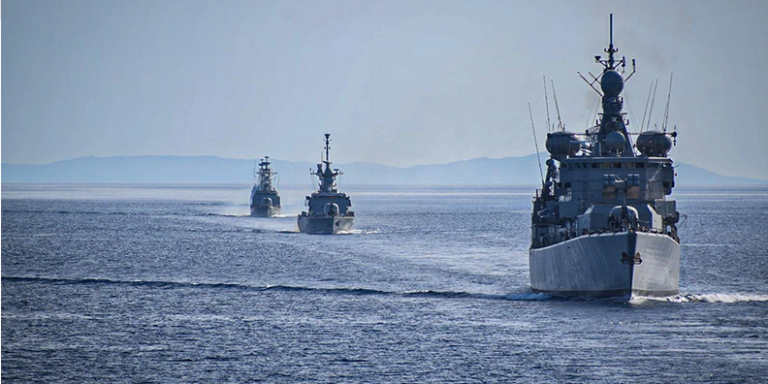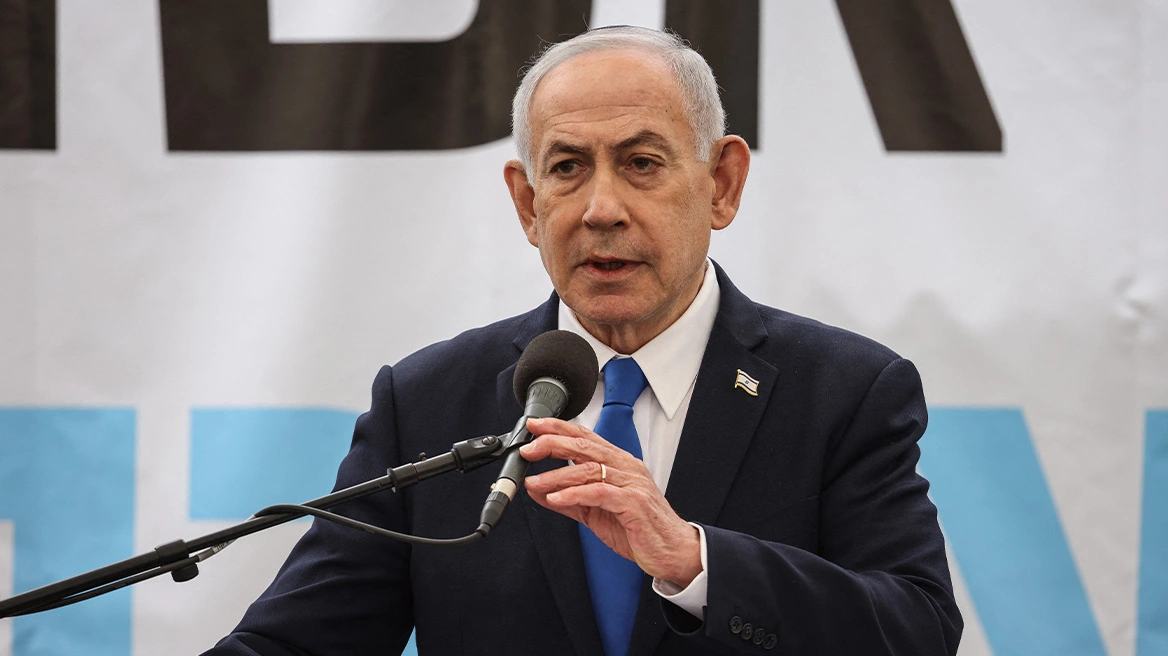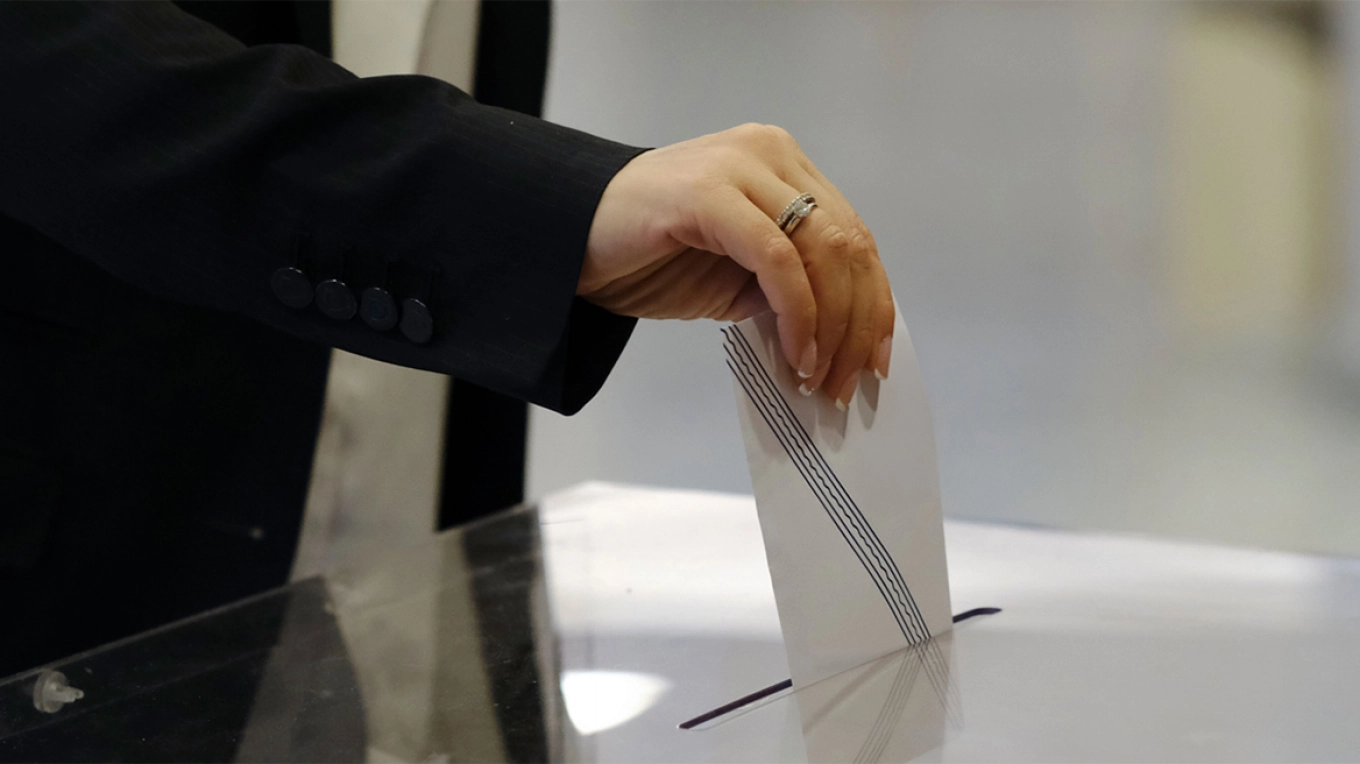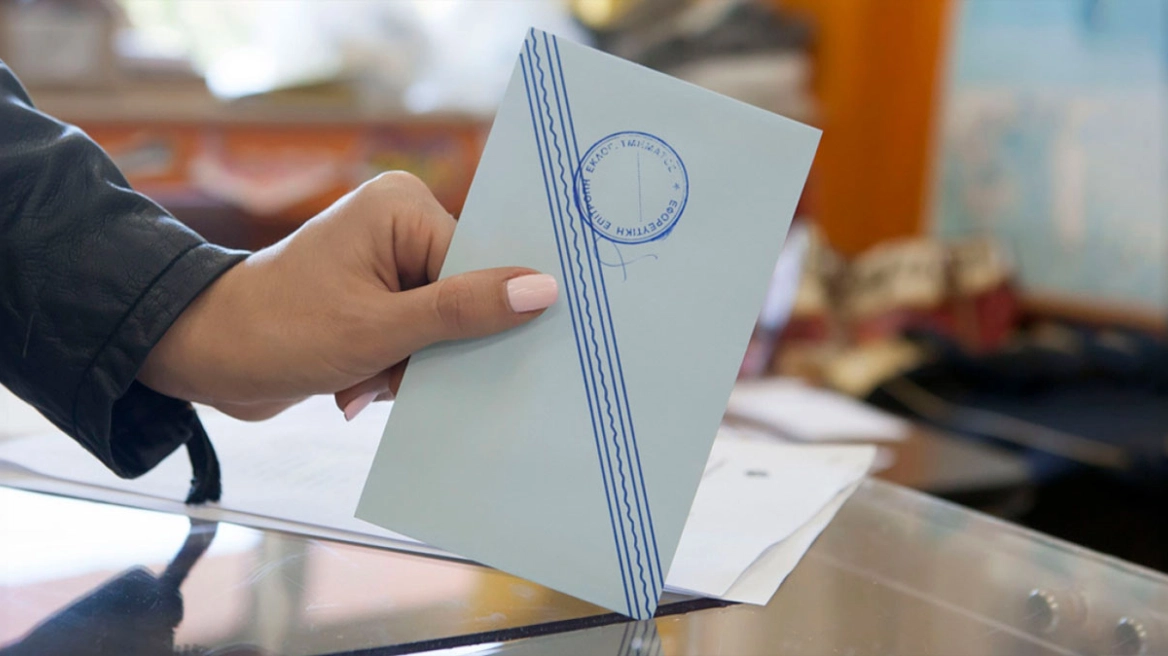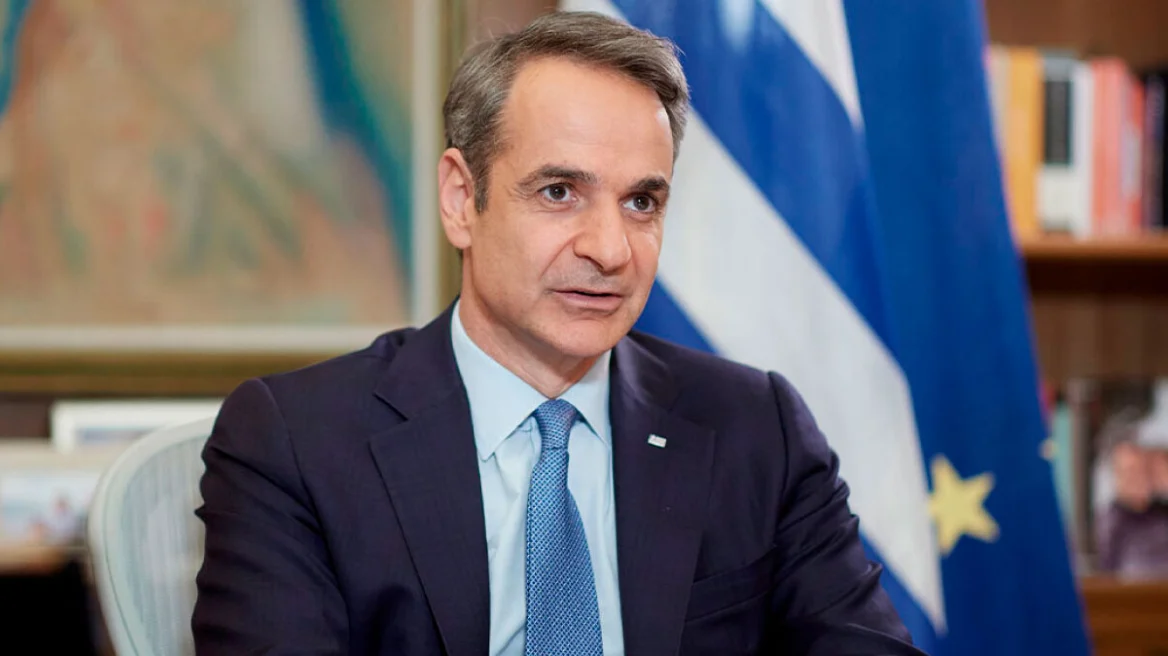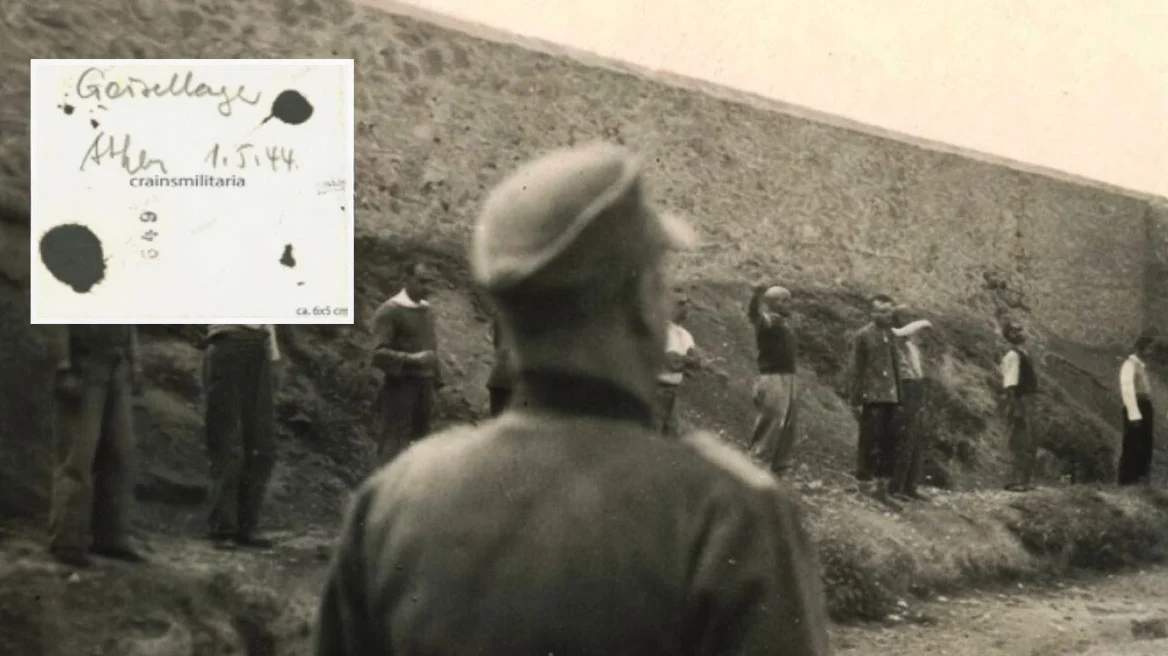Three events in recent weeks point to the importance of Greek-Israeli relations: the signing of a major deal whereby Israel will train the Hellenic Air Force; the participation (again) of the IAF in the international Iniochos air exercise; and a meeting in Paphos of the foreign ministers of Cyprus, Greece, Israel, and the UAE.
This activity comes alongside growing uncertainty about global and regional events – making it more important for like-minded nations to stand together and coordinate their responses.
On April 16, 2021, the Greek Ministry of Defense officially signed an agreement with Elbit Systems, a leading Israeli defense contractor, for a comprehensive training package for the Hellenic Air Force, including Italian M-346 training aircraft, Israeli avionics, and an array of flight simulators closely modeled on Israel’s own training system. Evaluated at more than $1.6 billion over 20 years, this contract is unprecedented in scope and its strategic implications. Lt. Gen. (res.) Benny Gantz, Israel’s Minister of Defense and Alternate Prime Minister noted that the understandings reached with his Greek counterpart Nikolaos Panagiotopoulos highlight the growing interaction between the Israeli and Hellenic armed forces.
The same can be said about the participation of elements of the IAF (including F-15i and F-16 jets and transport aircraft) in the major cooperative air tactics exercise of the Hellenic Air Force, called Iniochos, in April 2021 at the Andravida AFB (alongside participants from the US, France, UAE, Spain, Cyprus, and Canada). The Israel Air Force (IAF) has been participating in this exercise 2015 (when the only other Air Force invited was the USAF). The UAE has participated since 2017. The willingness of the UAE in 2017-2019 to train alongside the IAF was to some extent a sign of things to come.
Navy SEAL was shot 27 times but still walked to the Rescue helicopter without any assistance
This should be viewed in the context of other recent military cooperation exercises between Greece and armed forces, such as the (mainly naval) MEDUSA 2020, in November-December last year, in which Egypt, UAE, Cyprus, and France participated. All together, these constitute the building blocks of a strategic alignment clearly aimed at facing various dangers to regional stability in the eastern Mediterranean.
In the same spirit, the Foreign Minister of Israel and former IDF Chief of Staff Lt. Gen. (res.) Gabi Ashkenazi met his Greek and Cypriot colleagues, Nikos Dendias and Nikos Christiodoulides, as well as former UAE Foreign Minister M Anwar Gargash in a newly established strategic forum in Paphos, Cyprus, to discuss a range of issues threatening regional stability. (The current Emirati foreign minister, ‘Abdallah Bin Zayd al-Nahyan, took part virtually.) Thus, the “Abraham Accords” were once again linked to the commonality of interests in the eastern Mediterranean (alongside a shared perception of the Iranian threat).
Read more: JISS
Ask me anything
Explore related questions
